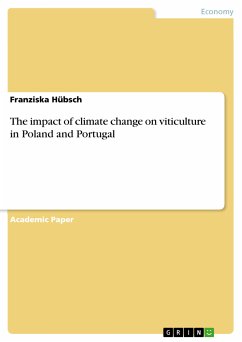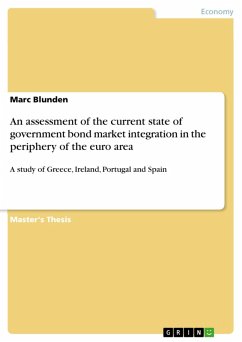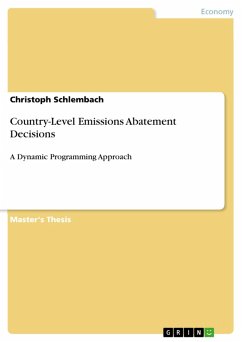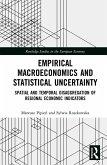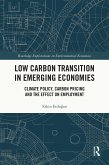Academic Paper from the year 2020 in the subject Economy - Environment economics, grade: 1,2, University of Applied Sciences Ludwigshafen (Weincampus Neustadt), language: English, abstract: This work will have a closer look at the cool-climate country Poland and the warm-climate country Portugal. The working assumption is, that the winemaking sector in cool-climate countries benefits from global warming effects, whereas warm-climate countries have to face major negative impacts and do have a higher urgency for adaption measures. Climate change is omnipresent. Its impacts on ecological, economic and social dimensions are significant. Also, in viticulture climate change has a major impact and affects the winemaker's practice both in the short-term and in the long-term. Nowadays, the wine-growing area in Europe is mainly situated at a latitude between 30° and 50°N (northern hemisphere). Climate change, specifically global warming, affects those boundaries and challenges the current viticulture as well as traditional pathways. The impact of climate change will not take course in a homogenous way. The wine-growing regions are affected differently, partly with more positive or more negative outcome.
Dieser Download kann aus rechtlichen Gründen nur mit Rechnungsadresse in A, B, BG, CY, CZ, D, DK, EW, E, FIN, F, GR, HR, H, IRL, I, LT, L, LR, M, NL, PL, P, R, S, SLO, SK ausgeliefert werden.

